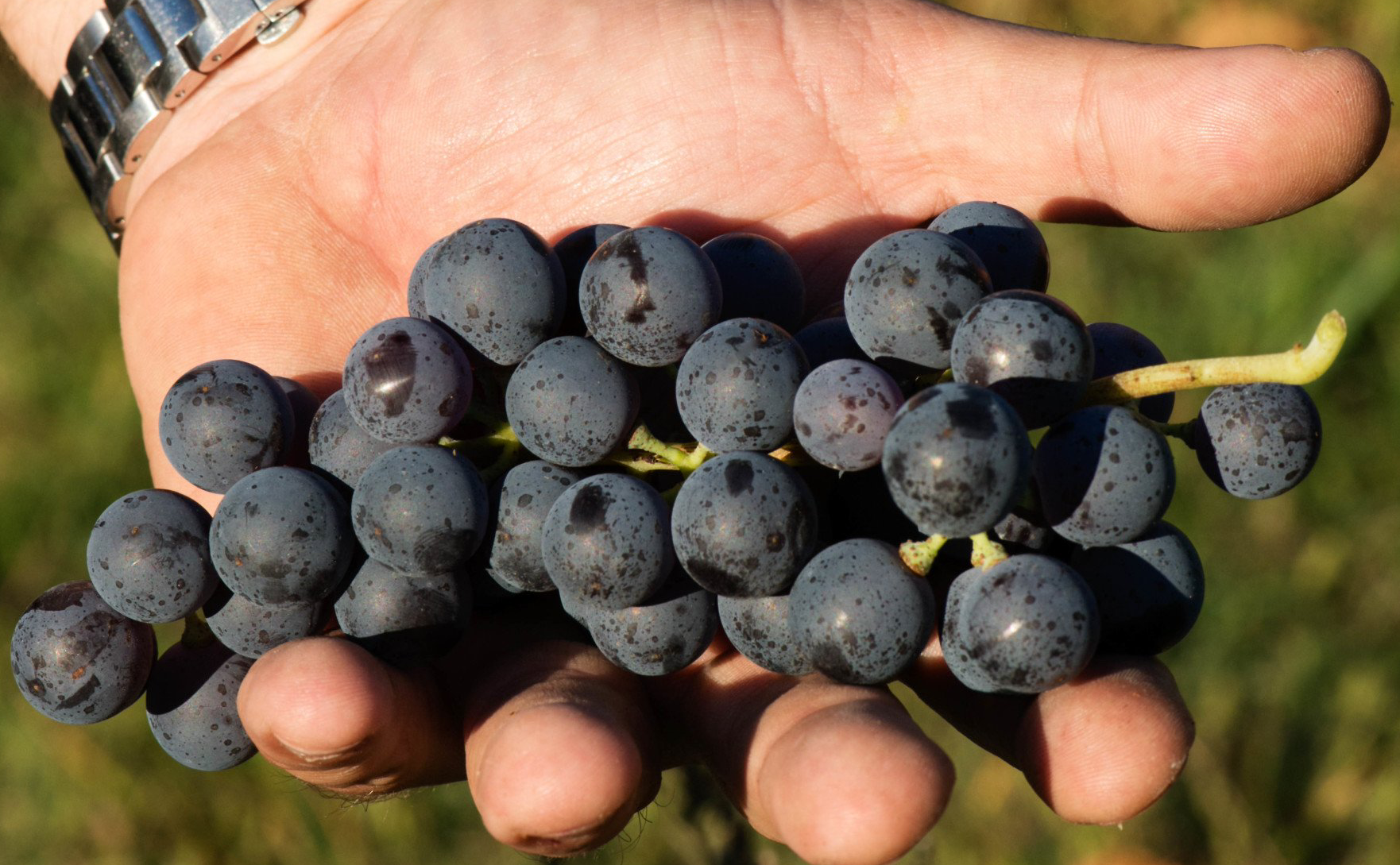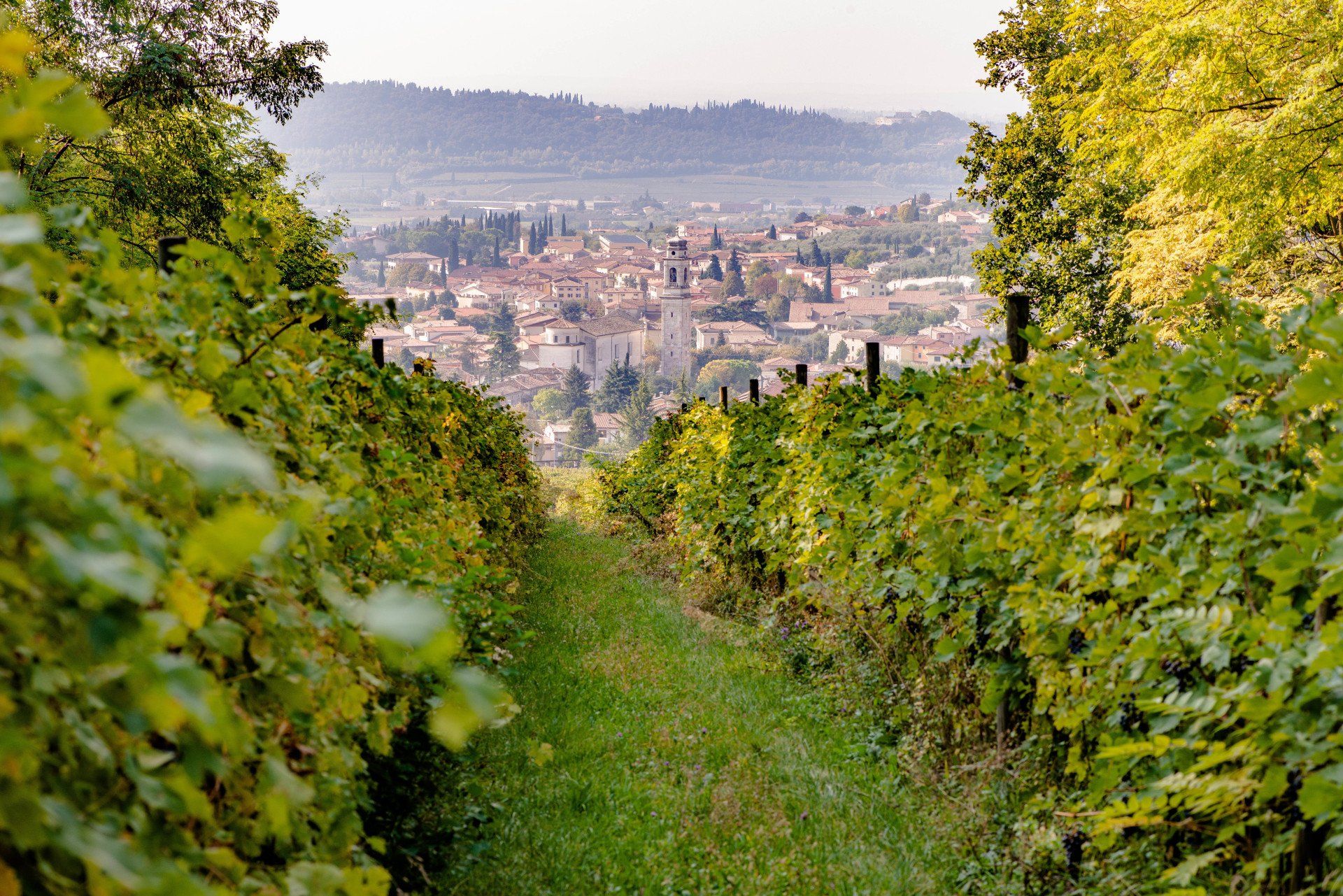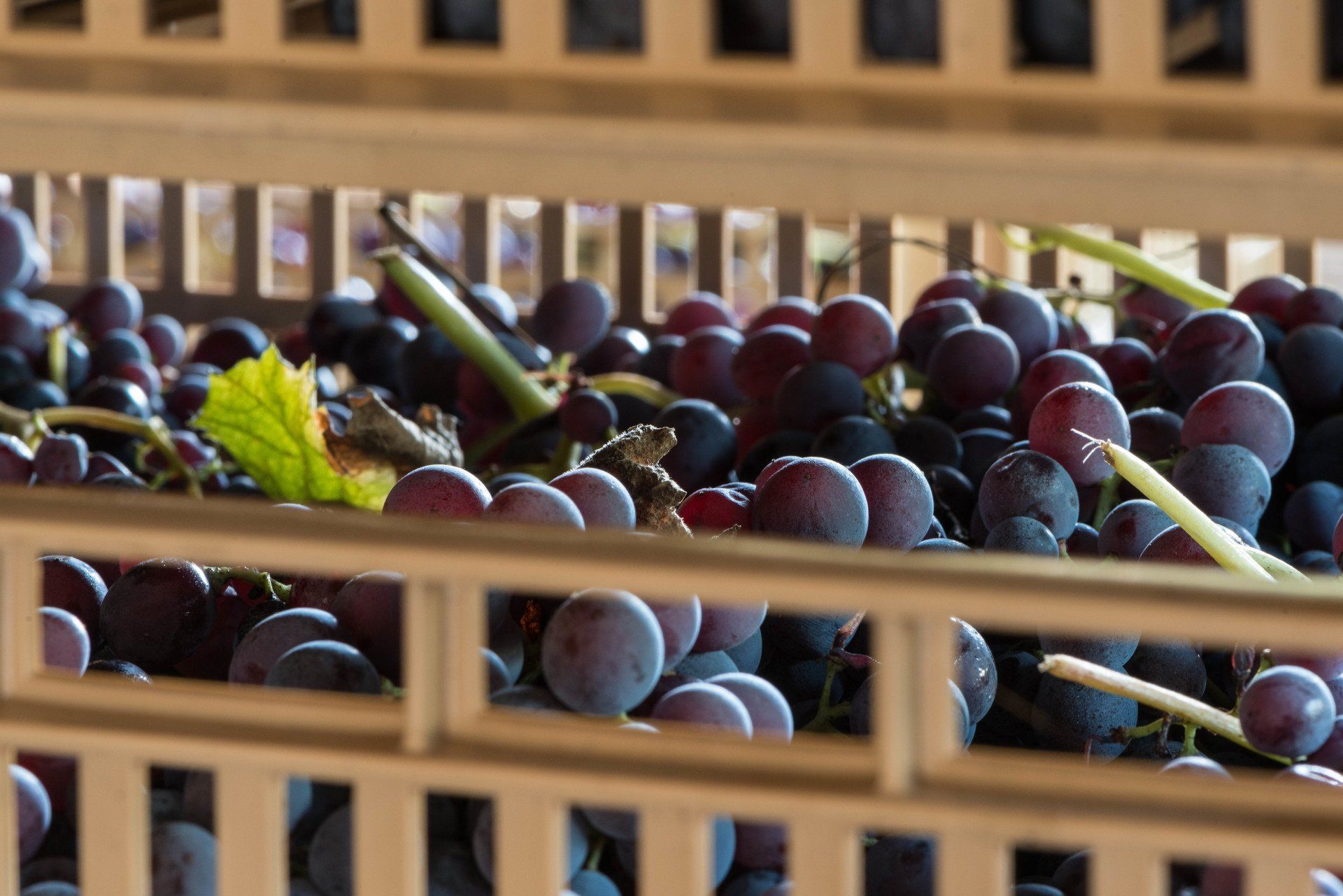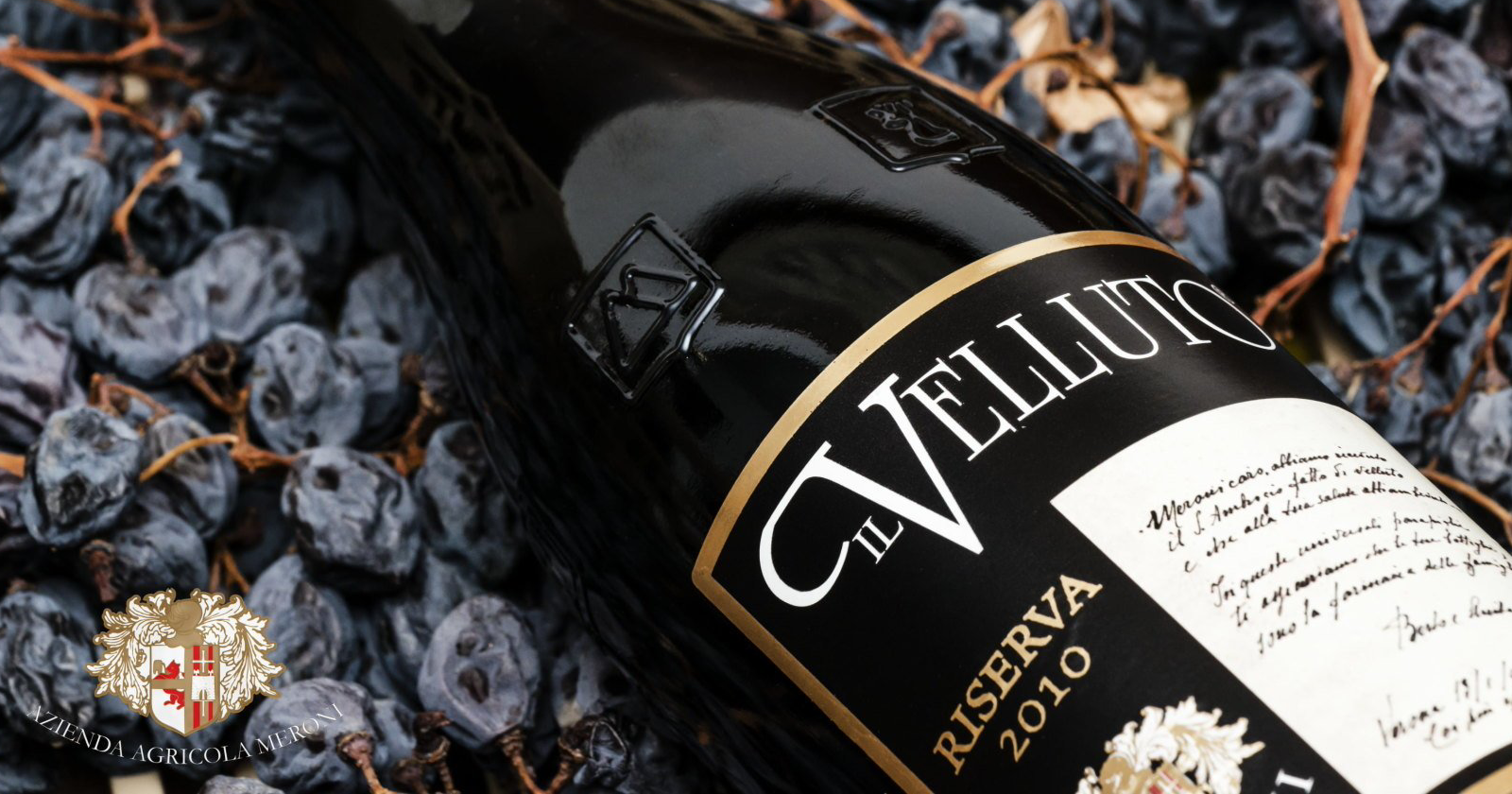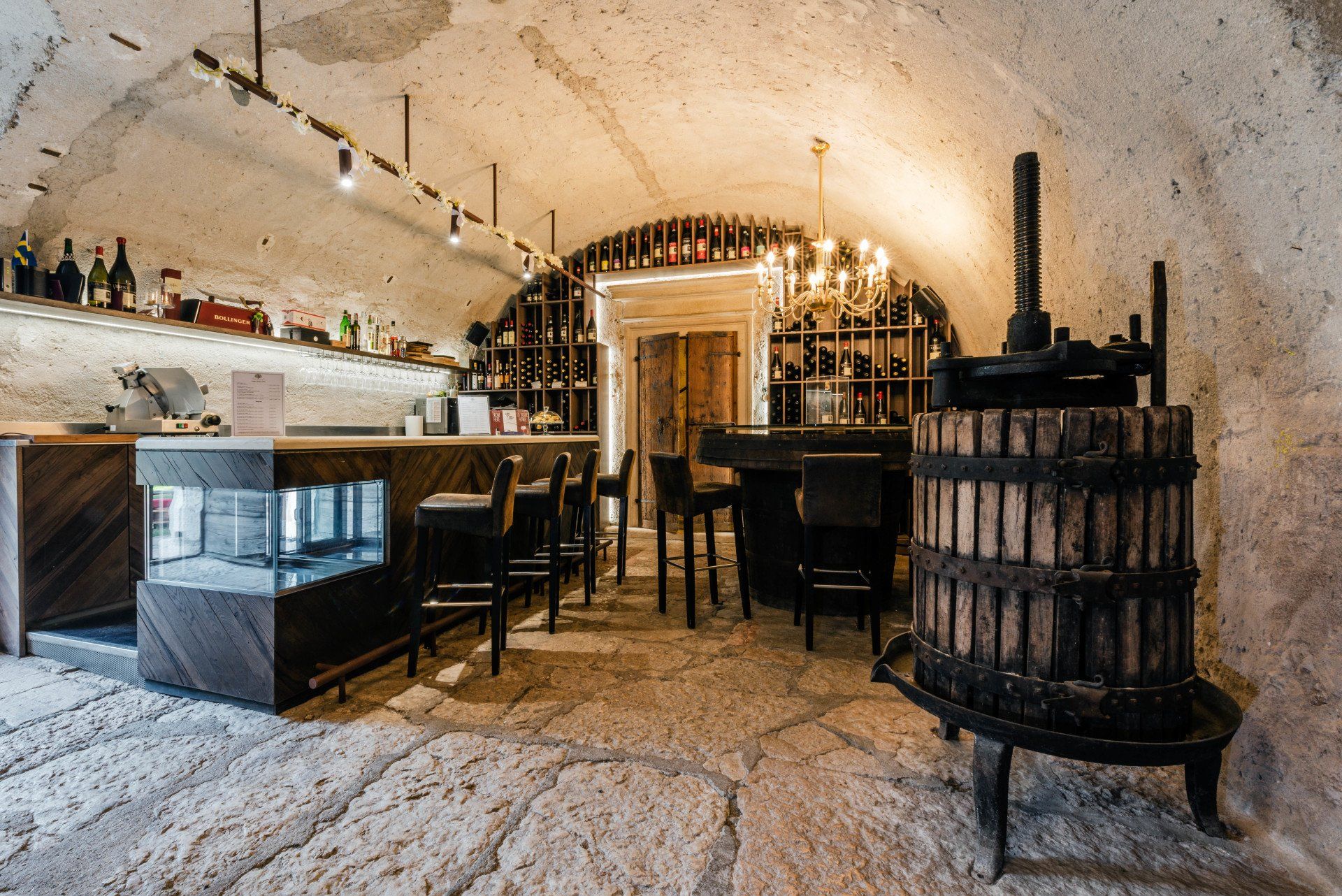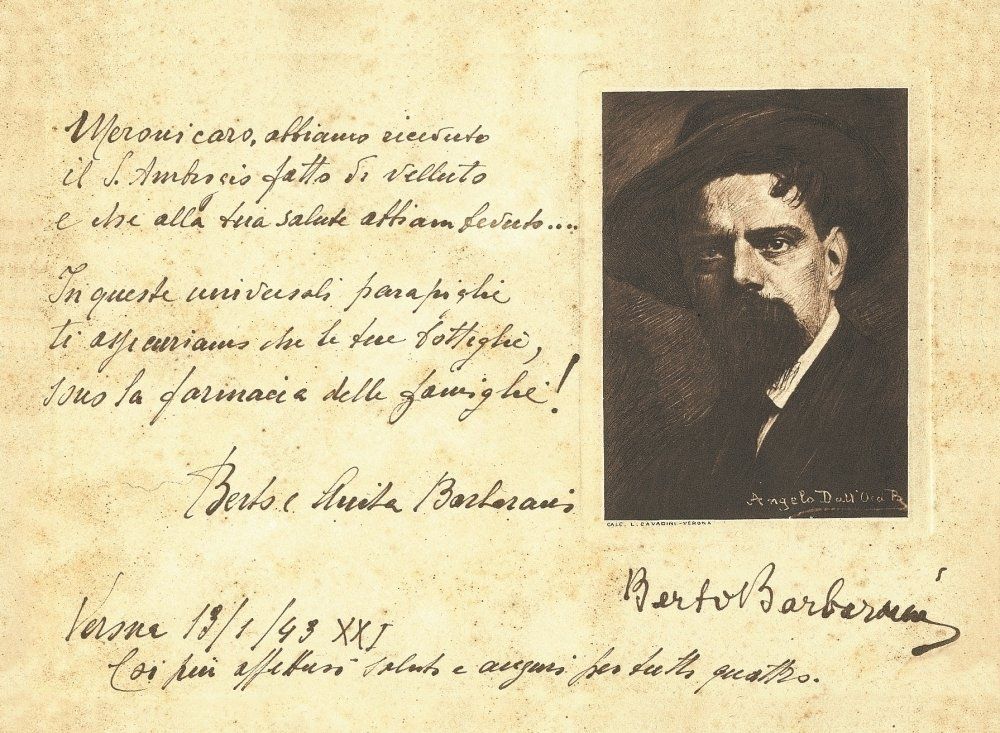A FAMILY BUSINESS
The Meroni Wine Estate is located in one of the five municipalities of the Valpolicella Classica area and more specifically in the town of Sant'Ambrogio di Valpolicella, which is about 18 km northwest of the beautiful city of Verona. Valpolicella is a well renowned wine area, historically praised for its Recioto, but mostly for its Amarone, which has become the symbol of the area globally for its method of production. The estate covers 15 hectares, 11 of which have been planted with vines, after a careful restoration of the area, which has been suited for the cultivation of grapes since Roman times, used as reservoir for Romans, thus “Val Polis Cellae” (The Valley of many cellars). The remaining 4 hectares have been planted with olive trees and the remaining kept as woods to preserve the nature of the valley. In a cartographic document of 1706 of the State Archives of Venice, the ancient building appears to be where the headquarters of the winery are today. This building is on the "Sengia" farm, which appeared back in the " "Napoleon Land Cadastral Map" and qualified as "Arable land with vine planted on the hills". Since 1935, Meroni has been producing wines with the grapes from its own vineyards from the estates of “Sengia” and “Maso”, which are located right behind the main building in the valley at the feet of the village of San Giorgio Ingannapoltron. San Giorgio di Valpolicella is well known for its beautiful Roman church, the Pieve di San Giorgio, and its breathtaking view over the town of Sant’Ambrogio. The other vineyards are located in the area of la Grola, which is known as the most suited area of Valpolicella, where the legend says that Recioto and Amarone were first produced. Here the Meroni family has always been taking care of their own land for the production of olive oil and growing the grapes with great passion and dedication for the production of wines. The family with its winemakers produce two lines of products: “Sengia” from the name of the estate of origin and “Il Velluto” (meaning velvet), which pays homage to a well renowned poet from Verona, Berto Barbarani.



